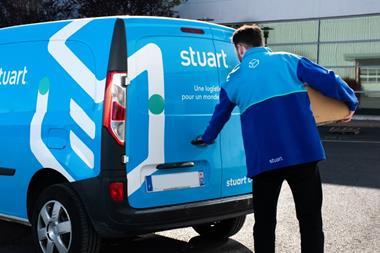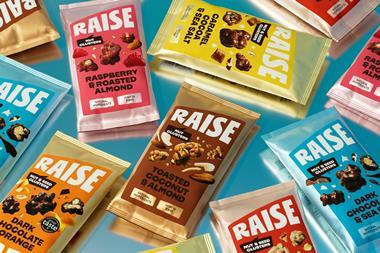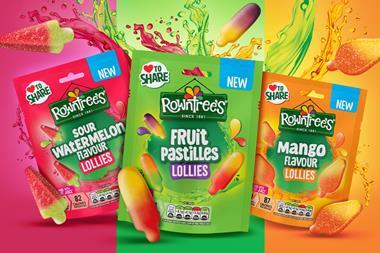The local store: an oasis for parents in need
The baby and toddler aisle is a key emergency shop and it’s time that c-stores started reaping the benefits. Kate Miller looks at the areas you need to cover
ALREADY HAVE A REGISTERED USER ACCOUNT? PLEASE LOG IN HERE
To read the full story join the ConvenienceStore.co.uk community today!
Registration is quick and easy and provides access to:
- Unlimited ConvenienceStore.co.uk articles
- Our great range of newsletters
- Content you’ve saved for later via the ‘my library’ feature
And much more…



























